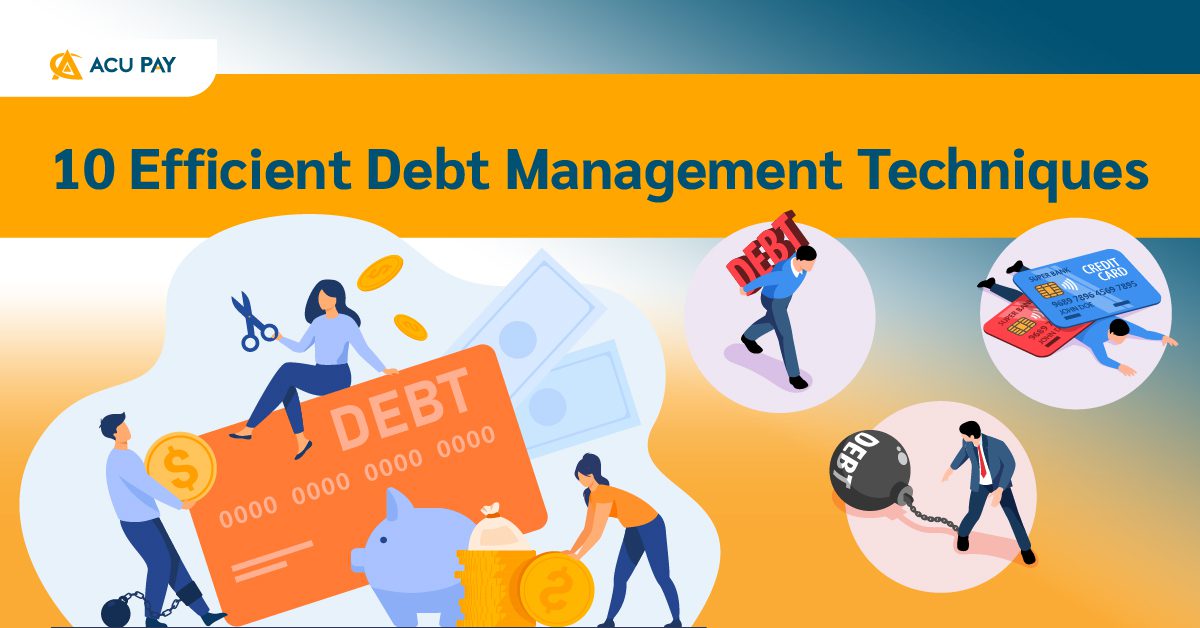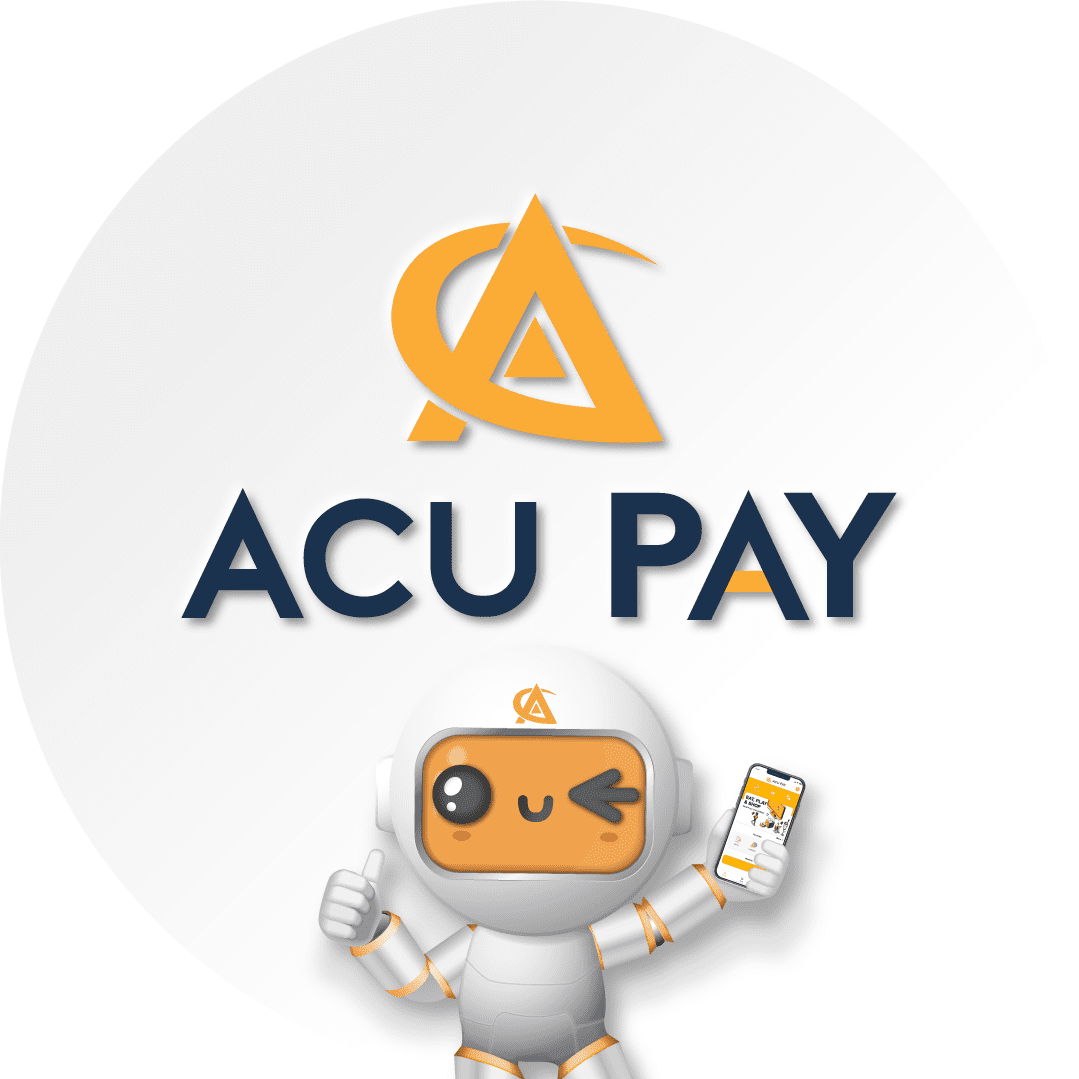

Starting with gathering the data on all of your liabilities. This provides a clearer picture of the debt. The data can be recorded in an Excel spreadsheet for easier monitoring and analysis. Data that should be collected include the names of creditors, outstanding debts, interest rates, and repayment deadlines. Having clear information will make debt management planning more efficient.
Summing up multiple debtors into a single lump reduces the complexity of debt management. Having multiple bills each month can cause confusion and unnecessary expenses, such as channel payment fees. Summing up a lump will provide you with a single point of payment, enabling convenience and reducing unnecessary expenses.
Paying off the highest interest first is an effective technique to reduce debt. Starting with high-interest debt, the principal of the debt will be reduced, which will also reduce interest payable in the future. Moreover, if you have informal debt, it should be prioritized in paying it off first as its interest is higher than other types of debt.
Paying debts on time should be strictly done. Delayed payments will require additional fees, which may be unnecessary. Furthermore, if there is a good credit history, interest rate cuts or other privileges will likely be considered by creditors.
Each month, creditors tend to collect the minimum amount, but if you can pay more than that, this is a good way to speed up debt repayment. This additional payment will reduce the principal amount and lower interest rates, and you can pay off debt faster.
Saving and reducing unnecessary expenses can help increase money, such as quitting buying new clothes or other luxuries. Rational spending will help you have more money to pay back your debts.
Creating new debt while you still have existing debt should be avoided. If a new loan is needed, you should check whether the new debt can help relieve the existing debt and have cheaper interest or not.
Once you have paid off their debts, you should use the money previously set aside for repayment as an emergency saving to prepare for the future in case there is an unexpected event, so you will not have to go back to the debt cycle.
If you have difficulty managing your debts, consider seeking assistance such as refinancing, negotiating with creditors, or participating in debt relief programs. Negotiating with creditors is a good way to find a common solution, and sometimes there is an opportunity to reduce interest or fees.
After you manage your debts, your spending habits should be adjusted so that you do not return to being in debt. Establishing good financial habits such as budgeting or setting financial goals will help you maintain this success for a long time.
Debt management is not easy, but if there is a clear plan and discipline in compliance, it will be able to effectively repay debt while improving financial health in the future.
References from
centralthe1card / setinvestnow / advicecenter

MAKE A GREAT DAY WITH ACU PAY.